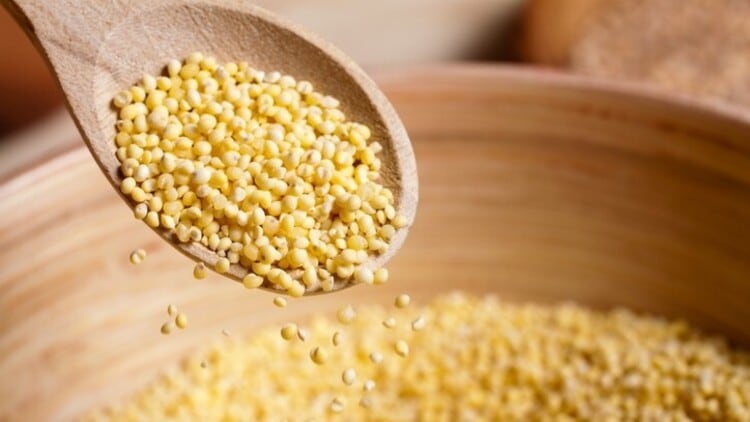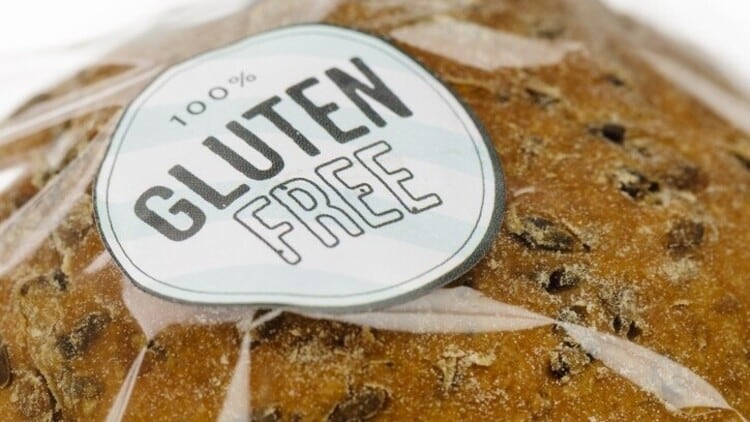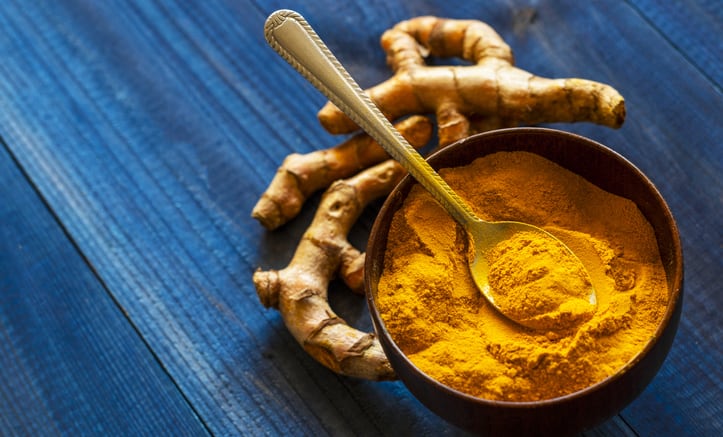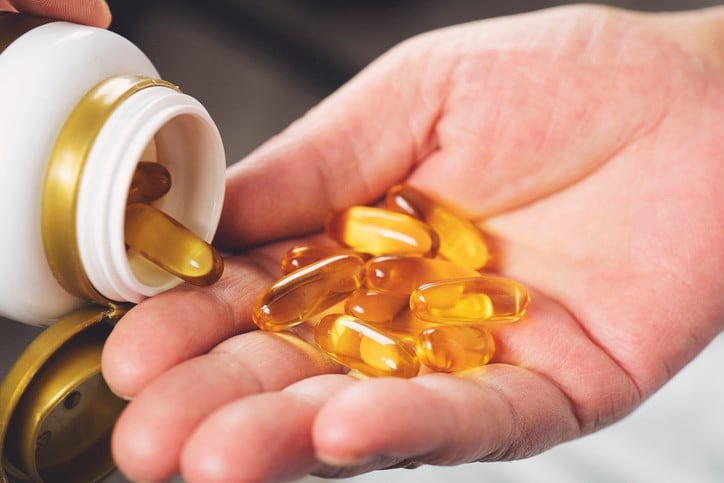These findings were put forward in a systematic review and meta-analysis titled “Are Millets More Effective in Managing Hyperlipidaemia and Obesity than Major Cereal Staples? A Systematic Review and Meta-Analysis” in the journal Sustainability.
“There is a recent resurgence in attention to the need for increasing biodiversity on farms and in diets, including revamped interest in millets, as supported by scientific promotion of millets being smart food that is ‘good for you, the planet, and the farmer’.
“Their nutritional and health benefits are widely recognised, and several pieces of evidence were recently produced to validate those claims. Millets help in managing Type 2 diabetes, moderating blood lipid profile, raising haemoglobin levels, and thereby reducing anaemia,” said the researchers.
Therefore, this review aimed to strengthen the thesis by utilising the difference-in-difference method, by which the treatment group consumed millets and the control group consumed other major staple foods.
The study period was limited to 3 October 2017 to 1 December 2021, coupled with the usage of a 27-item PRISMA checklist.
The tests examined included RCTs involving the carbohydrate comparison; subjects of any age, gender or ethnic group that tested for the effects of millet on blood lipid profile; and had reported on BMI.
A total of 12 studies were shortlisted for this review out of the potential 831 papers.
Better levels of nutrients
The reduction in total cholesterol levels was recorded to be 6.6% in the millet-consuming group, while there was no significant change for the control group that consumed other staples.
The decrease was highlighted by 10 studies, such as Disna Kumari et al.’s paper, Roopashree Ugare et al.’s study and Geetha K et al.’s research.
For instance, Roopashree’s team analysed the consumption of barnyard millet in individuals with Type 2 diabetes. They found a significant reduction in “bad” cholesterol low-density lipoprotein (LDL) after a 28-day intervention. Similar but marginal changes were observed in experimental non-diabetics.
Four studies showed an impact on BMI among millet consumers, such as Pamella Cristine Anunciação et al.’s RCT, but it was not significant.
In the RCT, sorghum intake was analysed in 24 overweight men. Nonetheless, it proved that the extruded sorghum consumption reduced body fat and increased daily carbohydrate and fibre intake among subjects.
Nine of the 12 studies reported the amount of millet consumed, which was from 40 to 200g spanning 28 to 120 days. The meta-analysis identified significant benefits of consuming millet on total cholesterol, LDL and HDL levels, thereby managing hyperlipidaemia. The control groups only had diets consisting of rice, wheat and quinoa.
“It is noteworthy that all the studies except one reported more than 60g of millet consumption per meal, and that to have sustainable benefit, it is important to continue after experiencing the reduction in lipid profile to manage it continuously… This implies that millet consumption can potentially contribute to reducing the risk of cardiovascular disease (CVD) and non-alcoholic fatty liver disease (NAFLD),” said the researchers.
The team recommended further studies to accumulate evidence and deepen the insights into the efficacy of dietary millets.
Source: Sustainability
“Are Millets More Effective in Managing Hyperlipidaemia and Obesity than Major Cereal Staples? A Systematic Review and Meta-Analysis”
DOI: 10.3390/su14116659
Authors: Seetha Anitha et al.




